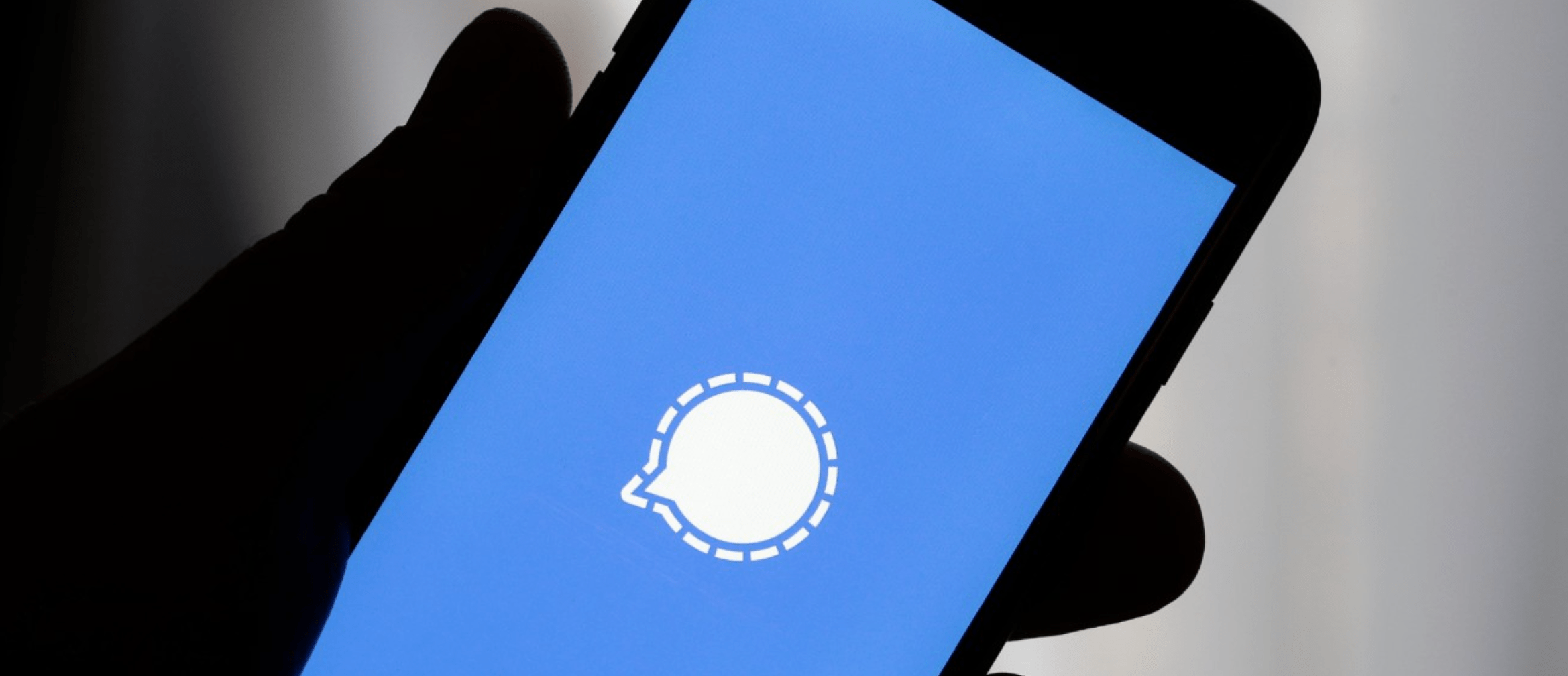MobileCoin, a cryptocurrency that has obtained technical steering from Moxie Marlinspike, the creator of private messaging app Signal, has raised $11.35 million in up to date enterprise funding all through two rounds from Future Ventures and Regular Catalyst.
The spherical, shared with us by a provide conscious of the company, seems to counsel the cryptocurrency is one step nearer to its attainable use on the Signal platform, the place it doesn’t seem to be accessible in the meanwhile.
We had been unable to reach Marlinspike at current, nonetheless a person conscious of his perform suggests he’s focused almost wholly on his private enterprise. MobileCoin founder Joshua Goldbard, who lists himself as “janitor” of MobileCoin on LinkedIn, declined to answer questions this afternoon after being reached on Signal. Merchants pointed us once more to the company when requested about how MobileCoin compares to totally different crypto-related outfits.
It was once more in 2017 that Wired first profiled MobileCoin, describing it as on a mission to beat a lot of the early, and in some circumstances, lingering, challenges with cryptocurrencies, along with that they’re too refined for most people and retailers to utilize, they aren’t adequately scalable and transaction events take too prolonged.
For example, Dapper Labs, the company behind the ventures CryptoKitties and NBA Prime Shot, developed its private blockchain and “Circulation” token remaining 12 months owing to scalability factors it encountered with Ethereum, along with its curiosity in rising a platform that was additional “consumer oriented.”
On the time, Wired well-known that whereas it “may actually really feel just like the very final thing the world desires is another cryptocurrency” — there in the meanwhile are more than 4,000 of them in digital circulation — Marlinspike’s observe doc with Signal “makes this a mission value watching.”
Based on its website, MobileCoin’s ambition appears to be focused spherical privacy-protecting funds made by the use of “near instantaneous transactions” over one’s cellphone, even whereas the hazards involved in storing cryptocurrency on a cellphone embody in all probability dropping that value if the cellphone is left unlocked or the radio on the cellphone is hacked or if, say, iOS itself is hacked. (It happens, whatever the robust permissions system that iOS makes use of to grant apps entry to particular suppliers and data.)
Consistent with the situation, one attribute of MobileCoin is that it permits clients to “securely get properly” their pockets within the occasion that they lose their cellphone, though it isn’t immediately clear how with out trusting a provider with private keys, which MobileCoin says isn’t compulsory. (Additional on this rapidly, presumably.)
If MobileCoin turns right into a de facto methodology to transact over Signal — Goldbard and Marlinspike suggested Wired they envisioned it first as an integration in chat apps like Signal or WhatsApp — its attain would possibly in all probability be enormous.
Though Signal doesn’t disclose what variety of clients are on the platform, an estimated 40 million people now use its encrypted messaging app, which seen a surge in downloads earlier this 12 months, inside the waning days of the Trump presidency. Consistent with Sensor Tower, which affords mobile app analytics, Signal was downloaded 17.8 million events via the week of January 5, as compared with the 50,000 downloads per day it normally sees.
Nonetheless, if heavy use over Signal is how MobileCoin targets to appreciate value, the foreign exchange — which turned available to purchase on the commerce FTX after launching on the platform in early December — would seemingly have an upward battle.
Whereas Marlinspike’s early involvement is a selected plus, cryptocurrencies and messaging apps haven’t historically mixed successfully collectively, owing to regulators. Kik Messenger, the mobile messaging app based mostly by a gaggle of Faculty of Waterloo faculty college students in 2009, created a digital foreign exchange referred to as Kin for its clients to spend contained within the platform. The mission ultimately led to a years-long battle with the Securities & Alternate Price that virtually decimated the company, though it’s in the meanwhile mounting a comeback.
(In fairness to MobileCoin, which has turned to enterprise capitalists, Kik tried elevating money from Kin by the use of an preliminary coin offering or ICO, a relatively untested and unregulated form of funding mechanism on the time.)
Telegram, a rather a lot better messaging app than Signal — it had an estimated 400 million clients as of ultimate April — equally abandoned plans to provide its private decentralized cryptocurrency to anyone with a smartphone after years of battling with the SEC. Like Kik, part of Telegram’s drama dated to early product sales of its tokens by the use of ICOs.
Even Fb, no matter scaling once more additional daring plans spherical a model new cryptocurrency and resolving as a substitute for launch a single digital coin backed by the dollar, hasn’t launched one thing however, though it’s anticipated rapidly.
Most likely, MobileCoin merely plans to perform outside of the U.S. Definitely, in December, in response to a public submit on Medium, the MobileCoin Foundation wrote that the mission isn’t accessible to U.S. clients or “people or entities in numerous prohibited jurisdictions.”
Each means, the model new spherical isn’t, notably, MobileCoin’s first outside spherical. In May 2018, it disclosed in an SEC filing that it had raised a $29.7 million from consumers. Reportedly, Binance Labs, the enterprise arm of the cryptocurrency commerce giant Binance, led that financing.
